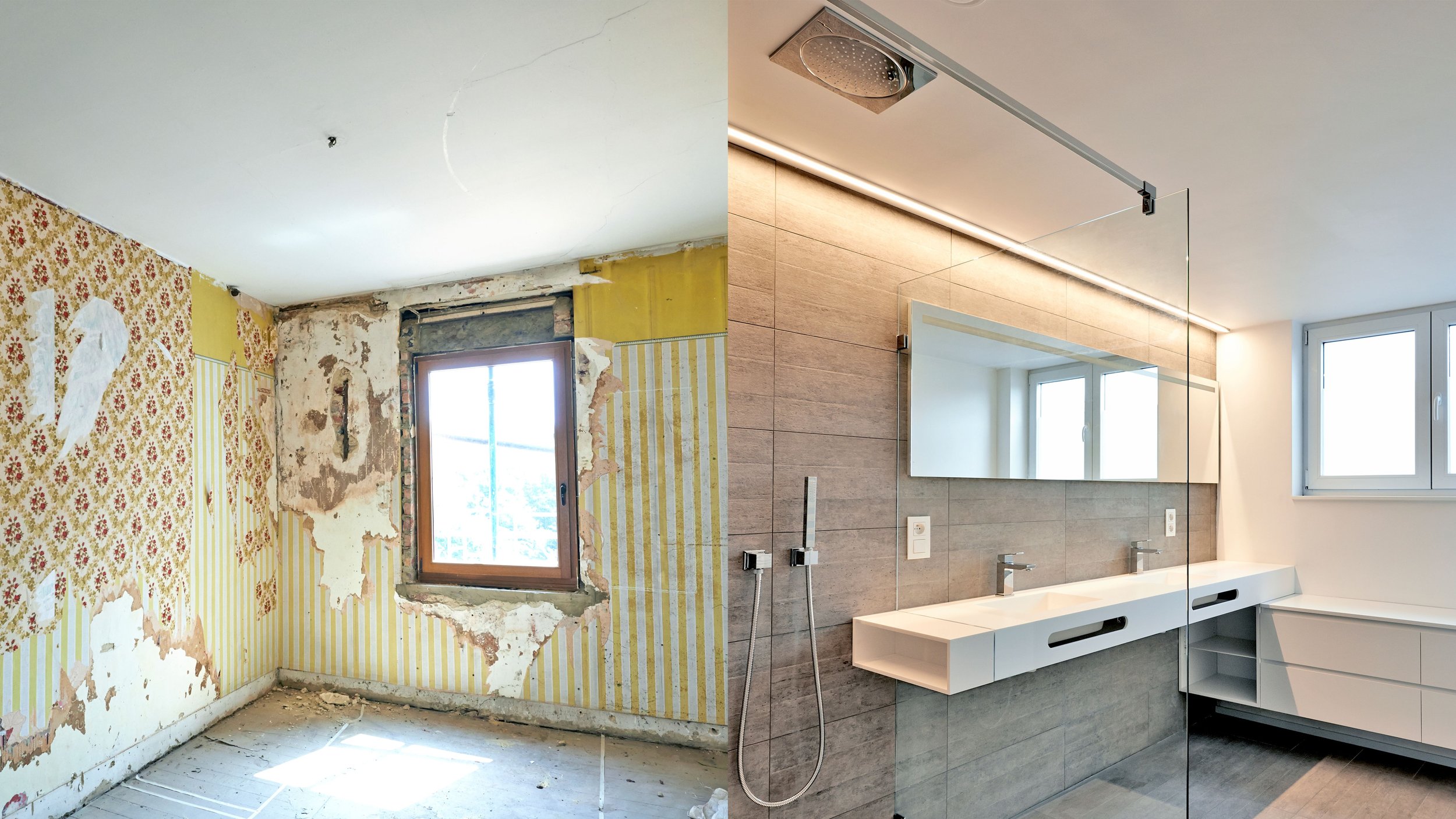The Pros and Cons of Buying a Fixer-Upper
In the world of real estate, the idea of buying a fixer-upper has a unique allure. It conjures up images of turning a neglected property into a dream home and the potential for significant financial gains. However, the decision to purchase a fixer-upper comes with a set of pros and cons that every prospective homebuyer should carefully consider. In this comprehensive guide, we will explore the advantages and disadvantages of buying a fixer-upper, helping you make an informed decision as you embark on your homebuying journey.
Pros of Buying a Fixer-Upper
1. Lower Purchase Price
One of the most appealing aspects of buying a fixer-upper is the potential for a lower purchase price. These homes are typically priced lower than move-in ready properties, allowing buyers to enter the housing market with a smaller initial investment.
2. Personalization and Creativity
Fixer-uppers offer an exciting opportunity for personalization. You have the freedom to tailor the property to your specific tastes and needs, turning it into your ideal home.
3. Potential for Equity Gain
By investing time, effort, and money into improving a fixer-upper, you can increase its value substantially. This means the potential for equity gain is significant, especially if you plan to sell or refinance in the future.
4. Learning and Skill Development
Buying a fixer-upper can be an educational experience. You'll learn about home improvement, renovations, and property maintenance, which can be valuable skills for homeowners.
5. Ideal for Investors
Fixer-uppers can be a great choice for real estate investors looking to flip properties or build a rental portfolio. The potential for a high return on investment is attractive.
Cons of Buying a Fixer-Upper
1. Renovation Costs
One of the most significant cons of buying a fixer-upper is the potential for high renovation costs. The initial purchase price may be lower, but renovation expenses can add up quickly, and unforeseen issues may arise.
2. Time-Consuming
Renovating a fixer-upper is a time-consuming endeavor. If you have a busy schedule or limited DIY skills, this may not be the best option for you.
3. Stress and Uncertainty
Renovation projects can be stressful and unpredictable. Delays, unexpected issues, and budget overruns can create anxiety for homeowners.
4. Hidden Problems
Fixer-uppers often come with hidden problems that aren't immediately visible. Issues with the foundation, electrical, or plumbing can be costly and challenging to address.
Tips for Buying a Fixer-Upper
Before you decide whether a fixer-upper is right for you, consider the following tips to make an informed decision:
1. Create a Detailed Budget
Before purchasing a fixer-upper, create a detailed budget that includes not only the purchase price but also estimated renovation costs. Factor in a contingency fund for unexpected expenses.
2. Get a Thorough Inspection
A comprehensive home inspection is crucial. Hire a qualified inspector who can identify existing problems and potential issues. This knowledge will help you make an informed decision.
3. Prioritize Renovations
Identify which renovations are essential and which are optional. Prioritizing projects can help you stay within budget and tackle the most critical improvements first.
4. Plan for Temporary Living Arrangements
If the fixer-upper needs extensive work, you may need to make temporary living arrangements, which can add to your expenses.
5. Consider Your DIY Skills
Be honest about your DIY skills and the amount of work you're willing and able to do yourself. For complex renovations, it may be necessary to hire professionals.
6. Explore Financing Options
Research financing options for fixer-uppers, such as renovation loans, and compare them to conventional mortgage options to determine the best fit for your situation.
Buying a fixer-upper is a decision that can be both rewarding and challenging. The lower purchase price and potential for equity gain are enticing, but the renovation costs, time commitment, and stress are significant drawbacks. As a prospective homebuyer, it's essential to carefully weigh the pros and cons, conduct thorough research, and create a detailed plan before embarking on a fixer-upper journey. With the right approach and realistic expectations, a fixer-upper can indeed become the home of your dreams while providing a valuable financial opportunity.
Author: Jordan Gunn
Real Estate Assistant
Andrew Perkins Real Estate
Keller Williams Select Realty





